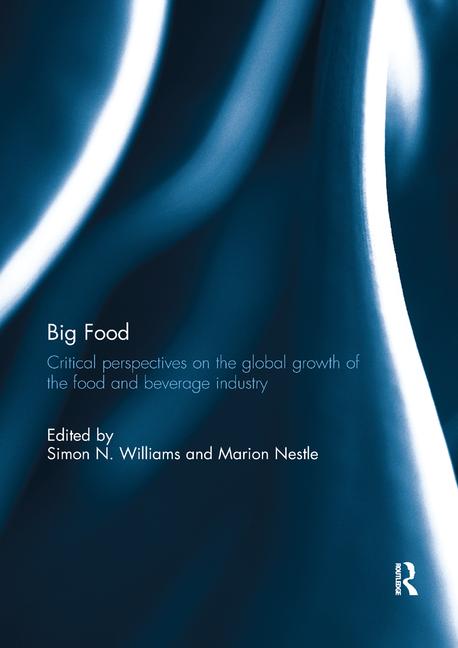Food, Health & Groceries: What Do Millennials Want?
New Whole Foods Market survey finds that millennials are willing to pay a higher price for quality

Quality drives millennial food shopping, and they are willing to pay more for it, according to a new Whole Foods Market survey. Eighty percent of millennials value quality when it comes to food shopping, and nearly 70% are willing to spend more money on high quality foods.
These findings are part of a new survey released today that examines millennial food, health and grocery shopping preferences, which was conducted independently by YouGov on behalf of the retailer. The national online survey sampled 1,006 adults between the ages of 22 and 37 in the US.
Another trend that emerged is more informed purchasing decisions. A majority of millennials want to know where their food comes from and how it is sourced. Transparency in food sourcing is important to more than 65% of millennials, particularly for fresh meat and seafood. More than half of millennials will pay more for products that have adopted animal welfare standards and prefer to buy those responsibly sourced.
Food labeling and ingredient transparency are also key factors in millennials’ choices: Compared to five years ago, nearly 70% of millennials read labels more closely. More than 60% are more concerned about additives and growth hormones. Ultimately, half of millennials buy more organic products than they did five years ago.
“We’re always striving to better understand our customers’ passions when it comes to food,” said Sonya Gafsi Oblisk, Whole Foods Market’s Chief Marketing Officer. “Millennials don’t settle for just any food in their shopping carts, and neither do we. The stories of how food is produced and grown matter to them – and to us. That is why we ban more than a hundred ingredients in the food we sell. Going beyond the USDA requirements, we prohibit antibiotics and added hormones for all meats in our meat department, and we only sell sustainable wild-caught or Responsibly Farmed seafood. Our standards drive the work we do and if products don’t meet our standards, we don’t sell.”
Overall
Nearly seven in 10 millennials spent more on food than on travel in the past year. A majority of millennials surveyed considered themselves to be “adventurous” eaters when it comes to food, and more than 60% make an effort to cook new dishes.
Special Diets
More than six out of 10 millennials try to eat healthy daily. Plant-based and unprocessed foods are becoming more popular with 63% of millennials trying to incorporate them into their diets.
Over the past year, nearly half of millennials have tried a special diet, such as Keto and dairy-free. Fifty-two percent restrict ingredients due to health reasons. More than half of millennials found that maintaining an alternative diet is often inconvenient so are willing to pay more for convenient, ready-made meals that are healthy and high quality.
Environment
More than 60% are aware of the implications their food choices have on the environment. About half actively seek out food and beverages made of less packaging and plastic.
Survey Methodology
The total unweighted sample size was 1,006 US adults aged 22 - to 37-years-old who passed an occupation security screening. The online survey was conducted from August 5 to August 9, 2019. About half of the sample identified as parents.
www.media.wholefoodsmarket.com
Looking for a reprint of this article?
From high-res PDFs to custom plaques, order your copy today!









